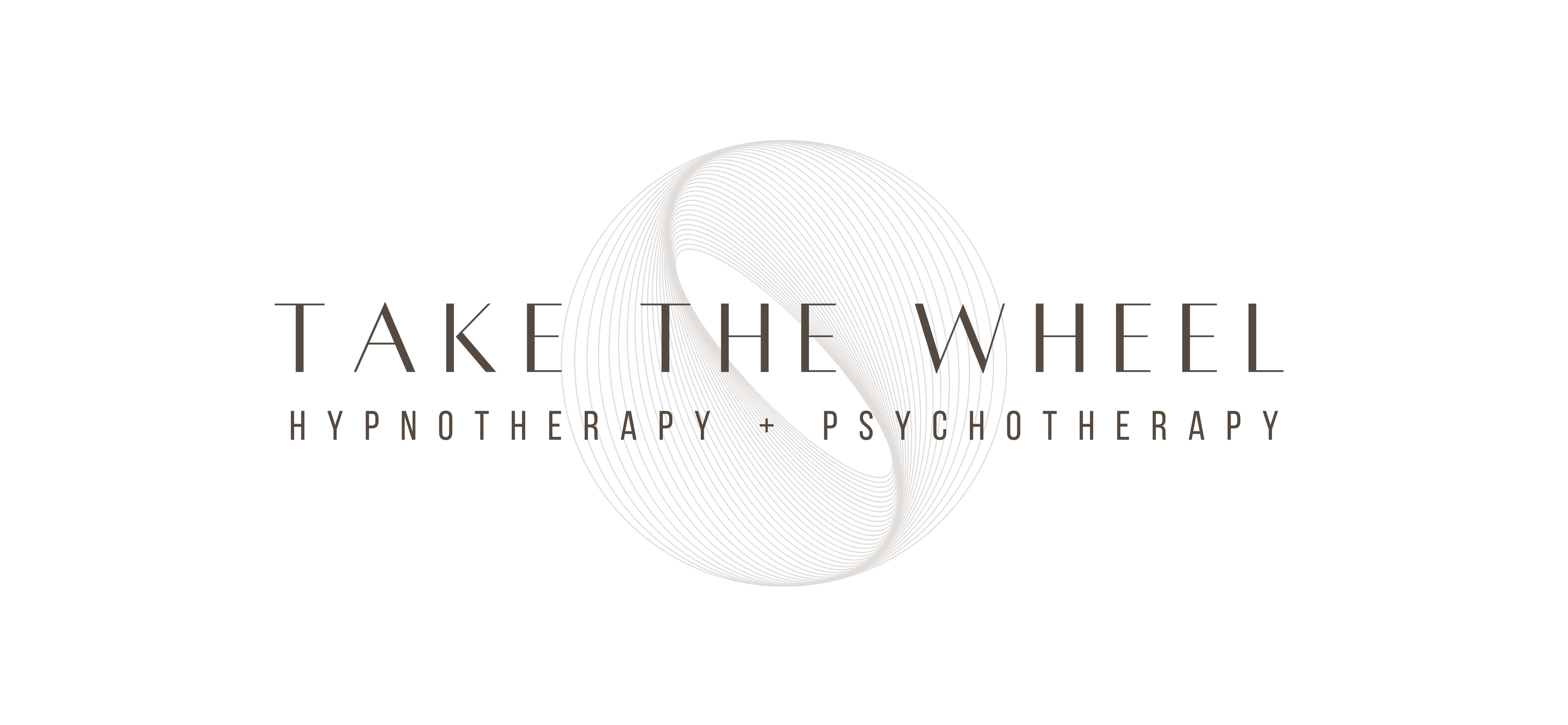hypnotherapy for habits
We all have great intentions to do what’s good for us and not do what’s bad for us. Hypnotherapy can help you uncover and clear the subconscious blocks that are stopping you from following through.

Habits
Do you set honest intentions to break a bad habit, only to slip back into it soon after?
Do you set honest intentions to start a healthy habit, only to have it fall away soon after?
Have you tried to do things differently but felt ‘unable’ to and beaten yourself up for not being ‘strong enough’?
Habits are automatic and unconscious, which is why they’re so hard (or impossible) to break using willpower alone.
The Stress Response
The fight/flight/freeze response is a biological radar system that’s been programmed into humans since prehistoric days. Our cave-dwelling ancestors were often saved by the dramatic changes that took place in their bodies when confronted with danger. However, these days, there’s very little chance a tiger is going to jump out of the bushes and attack us on our way home from the shops.
Our stress response is activated in response to situations – real, imagined or predicted – that may threaten our sense of safety, security or comfort. These days, this is typically in response to modern day non-life-threatening dangers or associations that our brain has made based on past experiences.
Unfortunately, this mechanism still functions the same way it always has – in black-and-white, life-or-death – which is why we find ourselves fighting, fleeing or freezing in different forms throughout our everyday lives. These automatic ‘safety behaviours’ often take the form of us thinking, feeling and doing things that are irrational, inappropriate for the situation or otherwise not what we really want for ourselves.
What does this have to do with my habits?
Our human system is designed for survival – and staying alive is first and foremost. When that’s taken care of (as it typically is in our modern society), our default is to stay nice and cushioned inside our comfort zone. Change, struggle, difficulty, pain, discomfort, exhaustion – they’re all threatening to our system which is where even our unwanted habits actually help us.
What we most often neglect in our efforts to change habits is the function of the habit; what it achieves for us. While this may seem silly because what we’re automatically doing – or not doing – is clearly not achieving the outcomes we want, it continues to operate because it subconsciously helps us in one way or another. It could be:
- Helping you cope with stress, overwhelm, fatigue etc. (I’m tired and sad, cake will make me feel better)
- Achieving a reward (I’ve worked hard today, I can zone out and scroll though Instagram)
- Helping you avoid emotional or physical pain and discomfort (I won’t go to the gym because people will laugh at me)
The more your habits fulfil their purpose or achieve a particular goal, the more they’re reinforced as effective.
“But yoga is good for me!” you say
Yes, in the long term. In the short term, it might mean physical discomfort, mental anguish, social embarrassment, not feeling good enough, energy exertion and so on. Your system is short-term, immediate-focused, and rational thinking and long-term reward go out the window. Watching TV on the couch with a bag of chips is much easier and more comfortable than spending time, energy and money on a yoga class.
Where do habits come from?
Habits are formed when an action is repeated – consciously or subconsciously – until it’s engrained in our brain’s circuitry, especially when it’s associated with a reward. They automatically arise in the face of strong external or internal cues that are associated with their formation. These automatic responses are acting on internal patterns or ‘maps’ that help us to quickly navigate life and its challenges. These patterns are generated from past experiences, sometimes starting way back in childhood.
“But I have no control”
The formation and operation of habits are usually outside of your awareness, which makes it particularly tricky to take control over them. The good news is that you can ‘hack your system’ to override those unhelpful patterns and focus on long-term benefits. The first question to ask is ‘what are you gaining from what you’re doing now?’
Hypnotherapy for habits
Hypnotherapy is a highly effective treatment for changing habits because it addresses the subconscious mind-body system that’s generating them. Treatment with Mel focuses on increasing awareness around what’s triggering your automatic response, interrupting your automatic reaction and replacing it with a more beneficial response of your choice. We’ll also look at where the habit comes from, what purpose it’s serving and update any patterns that underly the habit to clear the subconscious ‘need’.
Part 1: Interrupt the automatic reaction
Hypnotherapy allows you to interrupt your unwanted automatic thoughts, feelings and behaviours associated with your habits and replace them with more helpful responses of your choice directly with the subconscious mind that drives this process. Rehearsing new responses in the safe and controlled environment of hypnotherapy builds new neural pathways in your brain which, when repeated over time, become your new automatic response. You will receive a recording of your hypnosis session to listen to outside of our sessions to aid with this.
Part 2: Update your subconscious perceptions
The second part of treating procrastination with Mel is to look into why your system is having you automatically react in that way in the first place. Addressing this may involve changing long-held unhelpful patterns and reframing the subconscious stories you hold about yourself and memories of past experiences to reduce the need to self-soothe, avoid situations or tasks etc. and allow you to act rationally and with your long-term goals in mind.
*Note that this process may not be linear and may not involve all these aspects. Treatment is very personalised and depends greatly on how you’re experiencing the issue and what you feel you need.
*Weight loss and addictions are NOT my area of specialty. Although I can help with aspects like impulse control and exploring the subconscious origins of these challenges, seeking a hypnotherapist who specialises in these areas is recommended.
Free 15 minute phone consultation
This lets me get an idea of what you’re seeking support for and gives you the chance to make sure I am the right person for you. It is my highest priority to offer you a safe, confidential and compassionate space.
Video or in-person sessions are available. My techniques and methods work just as powerfully online as they do in-person.
